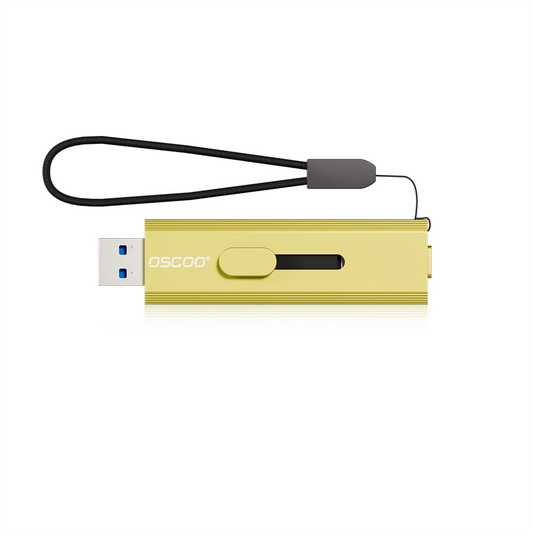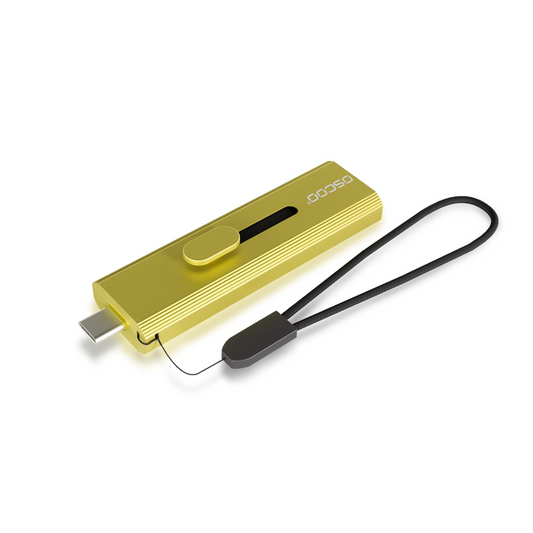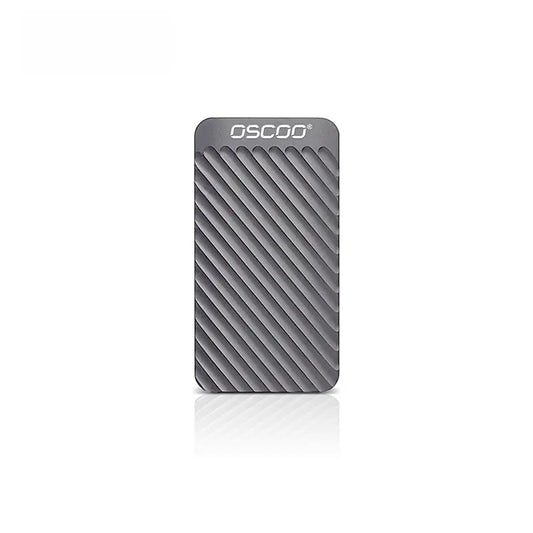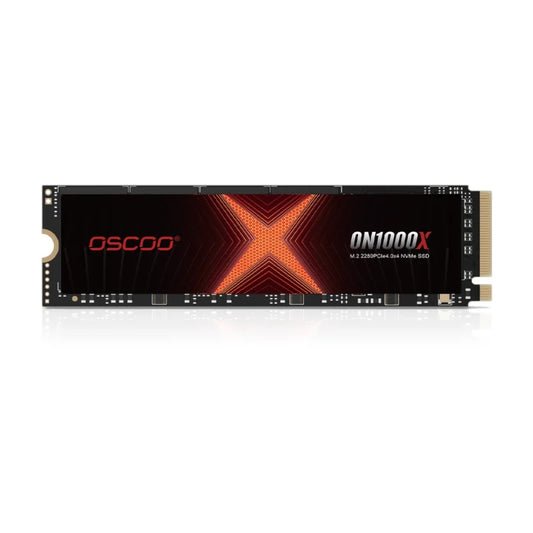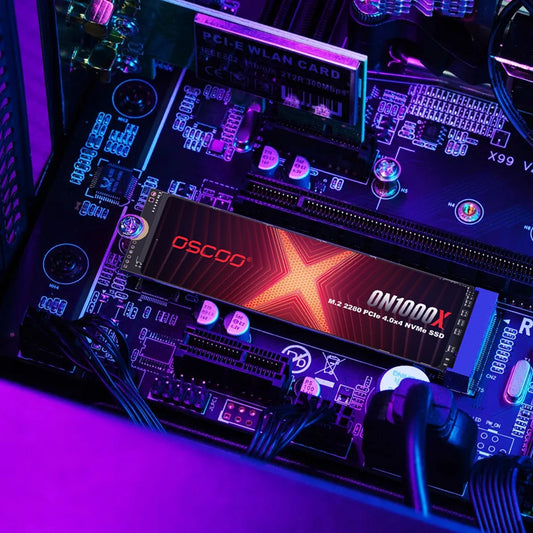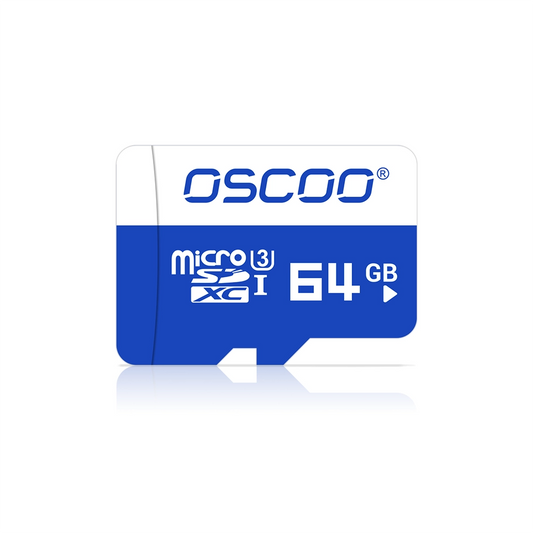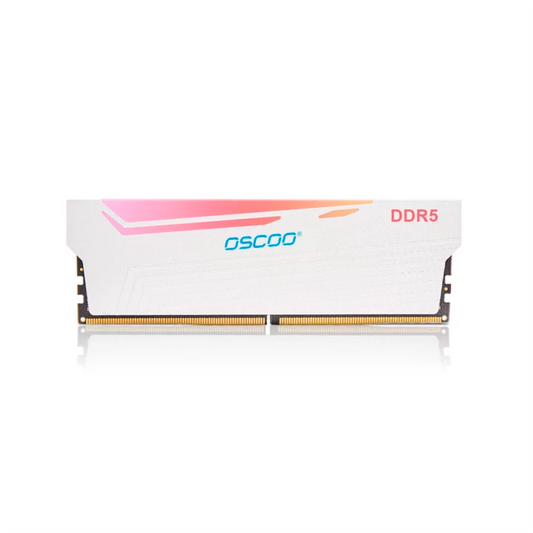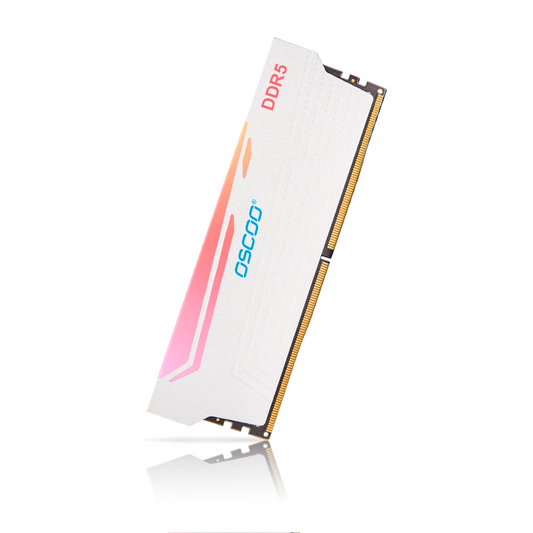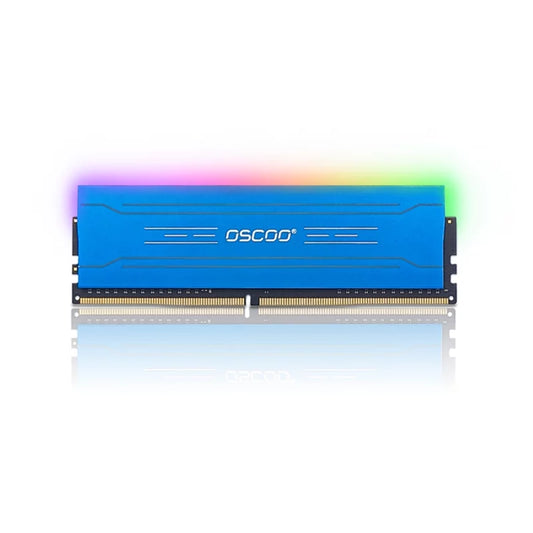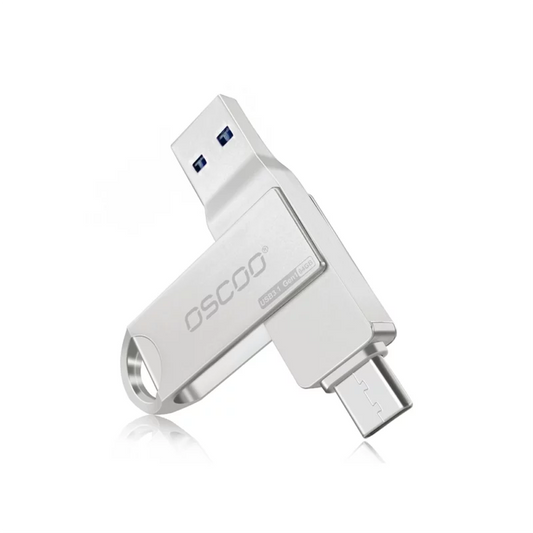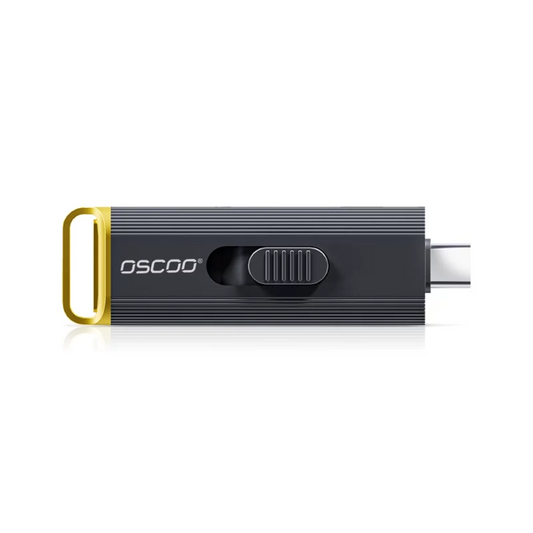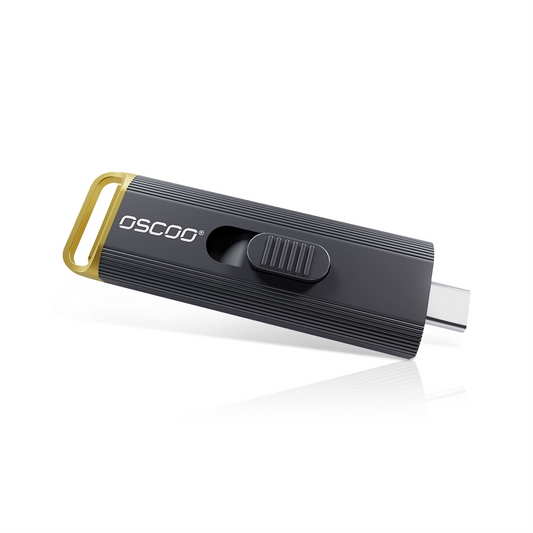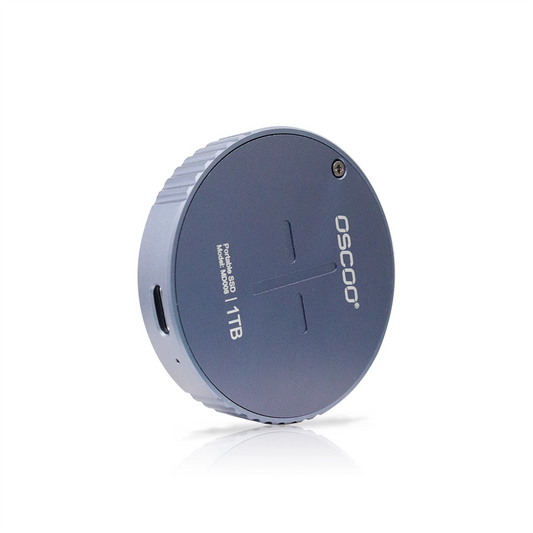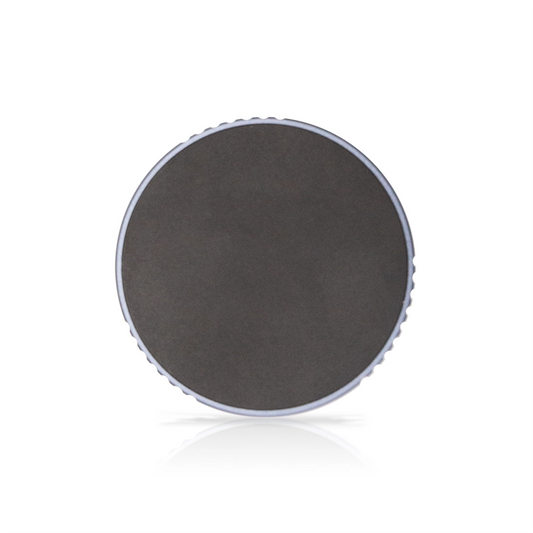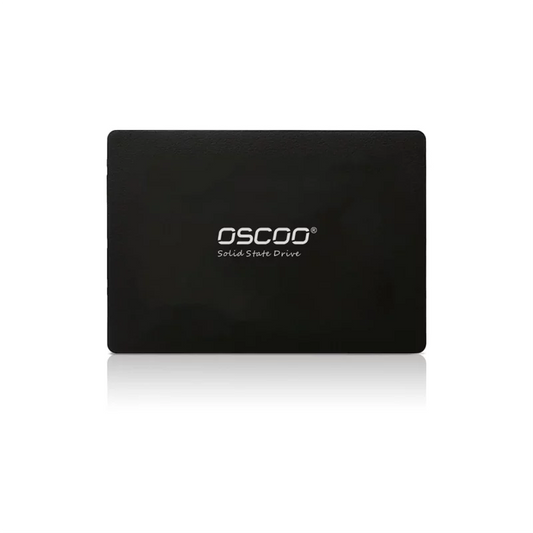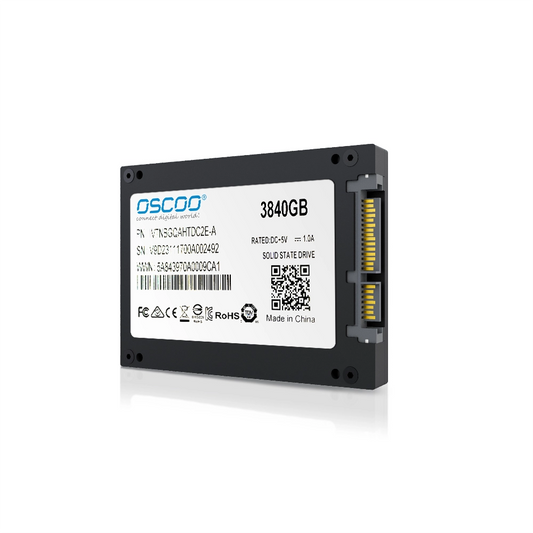Description
OSCOO’s OE100 Enterprise SSD is SATA3.3, 6Gbps SSD with 3D Nand flash. With power loss capacitors, OE100 protects data against unexpected power failure to reduce the possibility of data loss and ensure that the drive will successfully re-initialize on the next power-up of the system. The OE100 SSD is high-performance, durable storage solution designed for use in data centers and other business-critical environments.
Specifications
Model
OE100 Enterprise Series
Product Dimensions
100 × 69.8 × 7mm (3.94" × 2.75" × 0.28")
Read Speed
Up to 530MB/s
Write Speed
Up to 510MB/s
Interface Protocol
SATA Rev. 3.0 (6Gb/s)
Function Support
TRIM, NCQ, S.M.A.R.T
Support System
Windows 7/8/10/11, Mac OS, Linux
Operation Temperature
0~70°C
Storage Temperature
-40~85 °C
Form Factor
2.5" SATA3
Product net weight
45g
Capacities
480GB, 960GB, 1.92TB, 3.84TB, 7.68TB
Material
3D NAND Flash
TBW (Endurance)
480GB – 876TBW
960GB – 1752TBW
1.92TB – 3504TBW
3.84TB – 7008TBW
7.68TB – 14016TBW
Warranty
5 years

5-10 Business Days

30-Day Return Policy

Secure Payment

3 Years Warranty
Frequently Asked Questions
This resource is crafted to help you find information easily and efficiently.
What makes the OE100 different from consumer-grade SSDs?
The OE100 is specifically designed for enterprise environments with 24/7 operation requirements. It features Power Loss Protection (PLP) with built-in capacitors to prevent data loss during unexpected power failures, advanced 4K LDPC ECC for superior data integrity, and significantly higher endurance ratings (TBW) compared to consumer SSDs. The enterprise-grade firmware is optimized for continuous operation and reliability in mission-critical applications.
What is Power Loss Protection (PLP) and why is it important?
Power Loss Protection uses integrated capacitors to safeguard data during sudden power outages. When power is lost, the capacitors provide enough energy for the SSD to complete any pending write operations and safely store data in flash memory. This prevents data corruption and ensures your system can successfully restart after power is restored—critical for enterprise environments where data integrity is paramount.
How long will the OE100 last in my application?
The OE100 offers industry-leading endurance ratings. For example, the 1.92TB model provides 3,504 TBW (Total Bytes Written). In practical terms, if you write 500GB of data daily, this drive would last approximately 19 years before reaching its rated endurance limit. The actual lifespan depends on your specific workload, but the OE100 is designed for write-intensive enterprise applications with extended operational life.
Is the OE100 compatible with my existing SATA infrastructure?
Yes, the OE100 uses the standard 2.5" form factor and SATA 3.3 interface (backward compatible with SATA 3.0/2.0), making it a drop-in replacement for existing drives in servers, storage arrays, and enterprise systems. It supports standard functions like TRIM, NCQ, and S.M.A.R.T, and works with Windows, Linux, and Mac OS operating systems.
What is the operating temperature range, and does it need special cooling?
The OE100 operates reliably in temperatures from 0°C to 70°C (32°F to 158°F), which covers most data center and server room environments. The drive features a low-profile graphene aluminum heat spreader for efficient thermal management. Standard server ventilation is typically sufficient, though adequate airflow is always recommended for optimal performance and longevity.
What warranty and support does OSCOO provide for the OE100?
The OE100 comes with a comprehensive 5-year warranty, reflecting OSCOO's confidence in the drive's reliability and durability. This extended warranty period is standard for enterprise-grade SSDs and provides peace of mind for long-term deployments in business-critical environments.
Which capacity should I choose for my application?
Capacity selection depends on your storage needs and workload requirements:
- 480GB-960GB: Ideal for boot drives, caching, and lighter workloads
- 1.92TB-3.84TB: Suitable for databases, virtualization, and moderate data storage
- 7.68TB: Best for large-scale data centers, high-density storage arrays, and consolidated workloads
Consider both your current storage requirements and future growth. Higher capacity models also offer greater total endurance (TBW), making them more suitable for write-intensive applications.
You May Also Like
Our SSD collection
Find what is best for you








